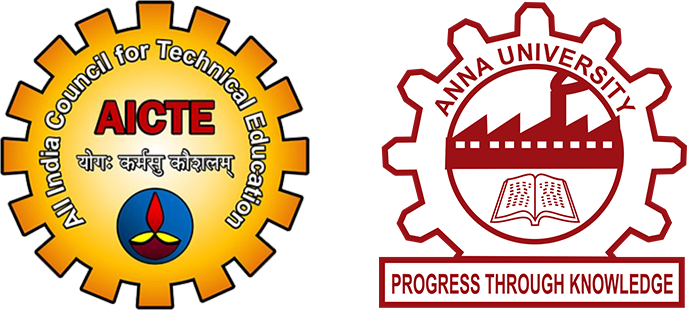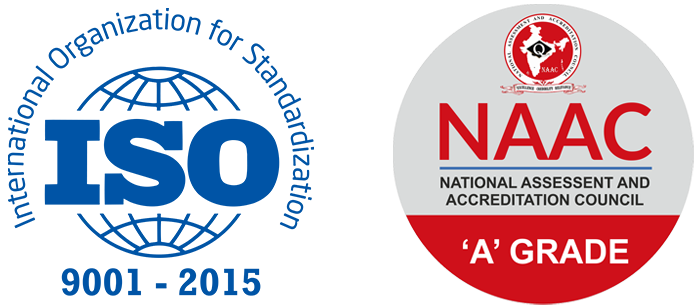P.S.V College of Engineering and Technology
B.TECH – ARTIFICIAL INTELLIGENCE AND DATA SCIENCE
The faculty of AI-DS is the soul of many engineering branches. This field is instrumental in bringing the world to where it is today. AI-DS course was started in our institution in the year 2021. Our department has well-qualified and experienced faculty members who are specialists in the areas of Database, Data Mining, Computer Architecture, Operating Systems, Image Processing, Wireless Network, Artificial Neural Networks’, Information Security and Programming Languages. They actively involve themselves in research activities in the field of their specialization. The department attributes its success to the creative and innovative outlook of its students also.
It encourages students to participate in numerous symposiums and to present papers in them. Students are also made to undergo in-plant training programs, where they hone their technical skill in the realm of computers.


Vision
To become the most preferred destination in the country to learn ‘Artificial Intelligence and Data Science’ at the undergraduate level and develop professionals of international relevance to meet the societal needs.

Mission
M1: To collaborate with industry and provide the state of the art infrastructural facilities, with a conducive teaching-learning ambience. M2: To instill in the students the knowledge for world class technical competence, entrepreneurial skill and a spirit of innovation in the area of Artificial Intelligence and Data Science to solve real world problems. M3: To encourage students to pursue higher education and research. M4: To inculcate right attitude and discipline and develop industry ready professionals for serving the society.
PO, PEO & PSO
Graduate Attribute
Engineering knowledge:
Apply the knowledge of mathematics, science, engineering fundamentals, and an engineering specialization to the solution of complex engineering problems.
Problem analysis:
Identify, formulate, review research literature, and analyze complex engineering problems reaching substantiated conclusions using first principles of mathematics, natural sciences, and engineering sciences.
Design/development of solutions:
Design solutions for complex engineering problems and design system components or processes that meet the specified needs with appropriate consideration for the public health and safety, and the cultural, societal, and environmental considerations.
Conduct investigations of complex problems:
Use research-based knowledge and research methods including design of experiments, analysis and interpretation of data, and synthesis of the information to provide valid conclusions.
Modern tool usage:
Create, select, and apply appropriate techniques, resources, and modern engineering and IT tools including prediction and modeling to complex engineering activities with an understanding of the limitations.
The Engineer and society:
Apply reasoning informed by the contextual knowledge to assess societal, health, safety, legal and cultural issues and the consequent responsibilities relevant to the professional engineering practice.
Environment and sustainability:
Understand the impact of the professional engineering solutions in societal and environmental contexts, and demonstrate the knowledge of, and need for sustainable development.
Ethics:
Apply ethical principles and commit to professional ethics and responsibilities and norms of the engineering practice.
Individual and team work:
Function effectively as an individual, and as a member or leader in diverse teams, and in multidisciplinary settings.
Communication:
Communicate effectively on complex engineering activities with the engineering community and with society at large, such as, being able to comprehend and write effective reports and design documentation, make effective presentations, and give and receive clear instructions.
Project management and finance:
Demonstrate knowledge and understanding of the engineering and management principles and apply these to one’s own work, as a member and leader in a team, to manage projects and in multidisciplinary environments.
Life-long learning:
Recognize the need for, and have the preparation and ability to engage in independent and life-long learning in the broadest context of technological change.
PEO : PROGRAM EDUCATIONAL OBJECTIVES (PEOs)
Graduates can
- Utilize their proficiencies in the fundamental knowledge of basic sciences, mathematics, Artificial Intelligence, data science and statistics to build systems that require management and analysis of large volumes of data.
- Advance their technical skills to pursue pioneering research in the field of AI and Data Science and create disruptive and sustainable solutions for the welfare of ecosystems.
- Think logically, pursue lifelong learning and collaborate with an ethical attitude in a multidisciplinary team.
- Design and model AI based solutions to critical problem domains in the real world.
- Exhibit innovative thoughts and creative ideas for effective contribution towards economy building.
PEO : PROGRAM EDUCATIONAL OBJECTIVES (PEOs)
Graduates should be able to:
- evolve AI based efficient domain specific processes for effective decision making in several domains such as business and governance domains.
- arrive at actionable Foresight, Insight, hindsight from data for solving business and engineering problems
- create, select and apply the theoretical knowledge of AI and Data Analytics along with practical industrial tools and techniques to manage and solve wicked societal problems
- develop data analytics and data visualization skills, skills pertaining to knowledge acquisition, knowledge representation and knowledge engineering, and hence be capable of coordinating complex projects.
- able to carry out fundamental research to cater the critical needs of the society through cutting edge technologies of
Laboratories
- Problem Solving and Python Programming Laboratory
- Data Structures Design Laboratory
- Data Science Laboratory
- Object Oriented Programming Laboratory
- Database Design and Management Laboratory
- Data Analytics Laboratory
- Problem Solving and Python Programming Laboratory
- Data Structures Design Laboratory
- Data Science Laboratory
- Object Oriented Programming Laboratory
- Database Design and Management Laboratory
- Data Analytics Laboratory
Library facility
We are providing the NPTEL (National Program Technology Enhanced Learning) through online web and web video courses in engineering and humanities stream.
The library has an Institutional Membership with several external libraries such as, British Council Library, Anna University Library and DELNET, our Institution has an Institutional life members in Institution of Engineers (India)(IEI), Institution of Electronics and Telecommunication Engineering(IETE) and Instrument Society of India (ISI).
A Book bank is maintained for the deserving candidate. The library has separate standard library automation package, Auto Lib Integrated Library Management software Web based Software for their effective library services such as Issue, Return, Renewal and Reservation of resources.
Professional Librarians and Technical Assistants help the users with their information needs. The college Library committee is headed by the principal comprising of all Heads of departments and Students Representatives.
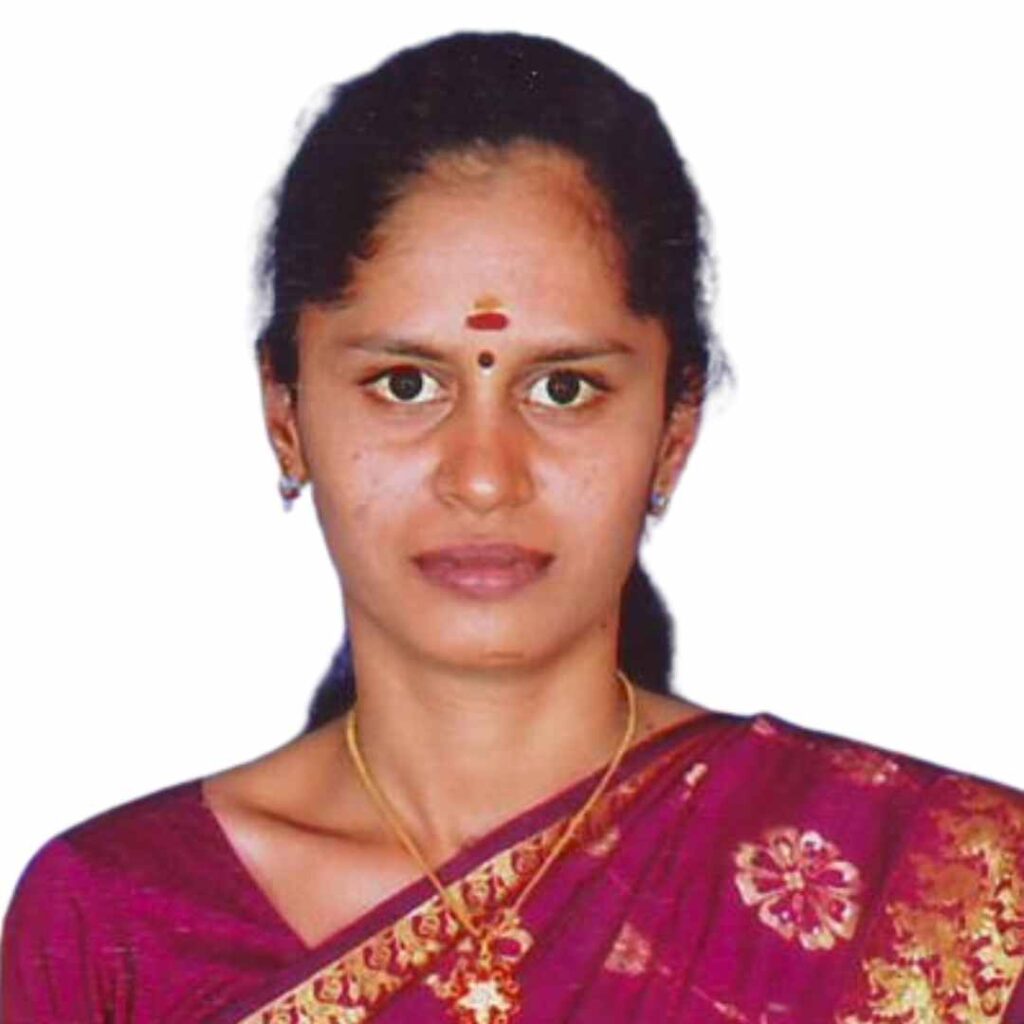
Mrs.S. Kanimozhi B.Tech., ME., HOD – ASSISTANT PROFESSOR
- KANI.GOPIKA@GMAIL.COM
- Specialization: ISTE,CSI
- View Profile
Faculty Details:
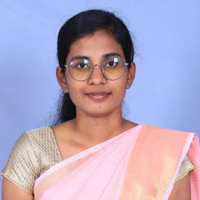
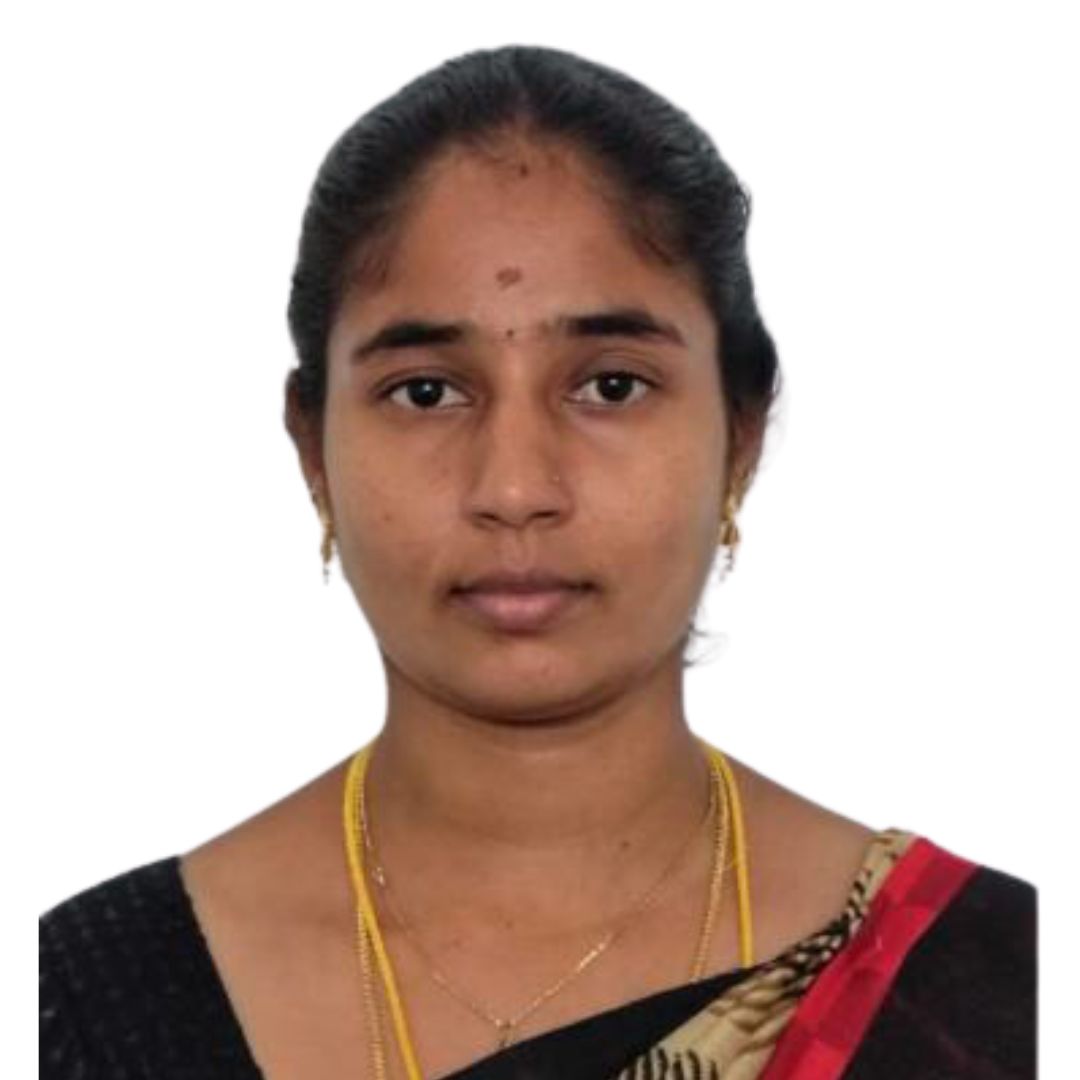
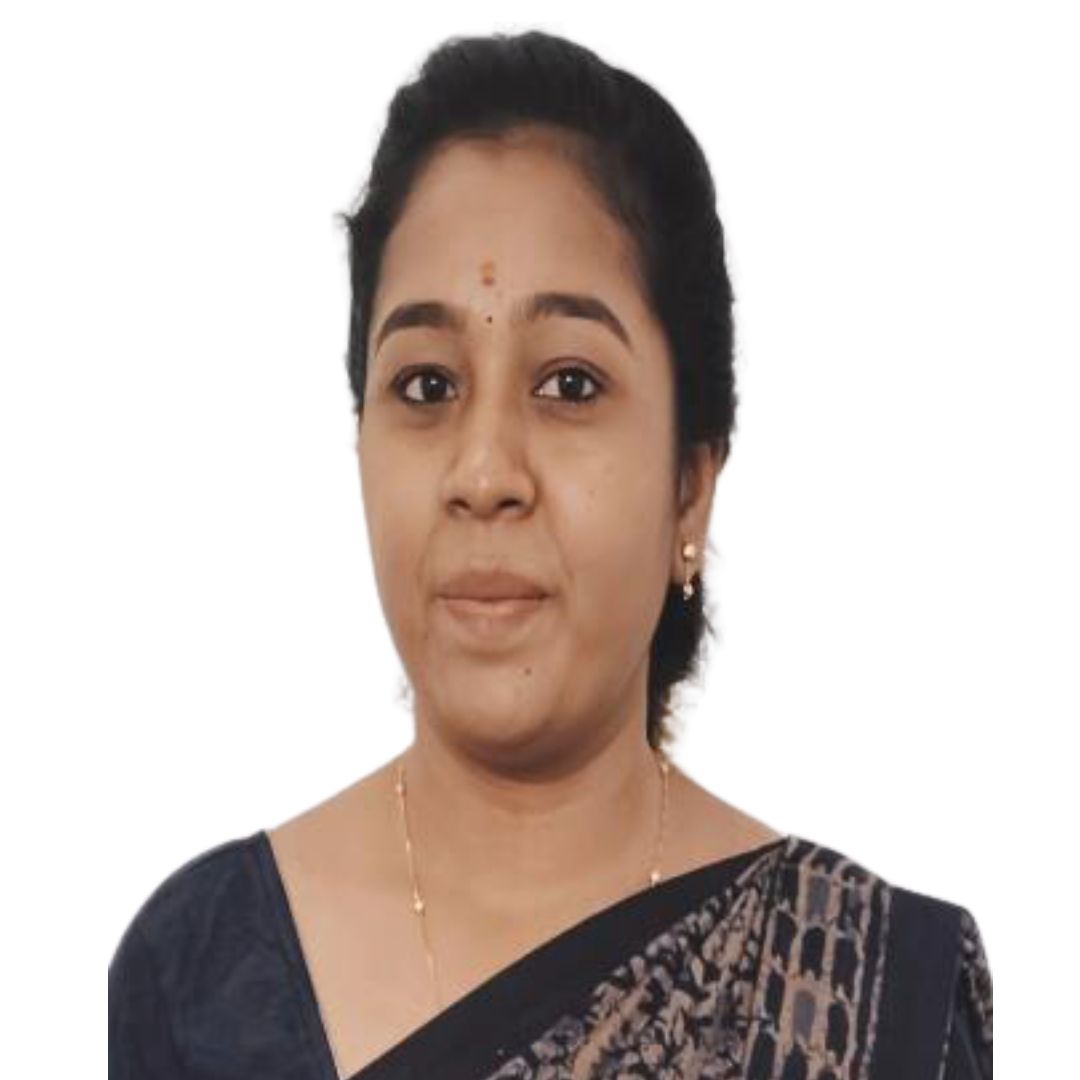
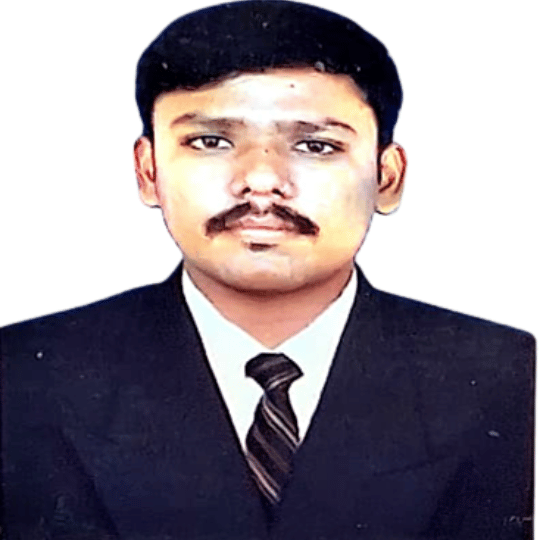
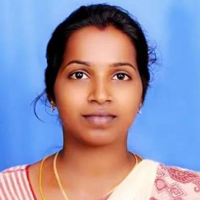
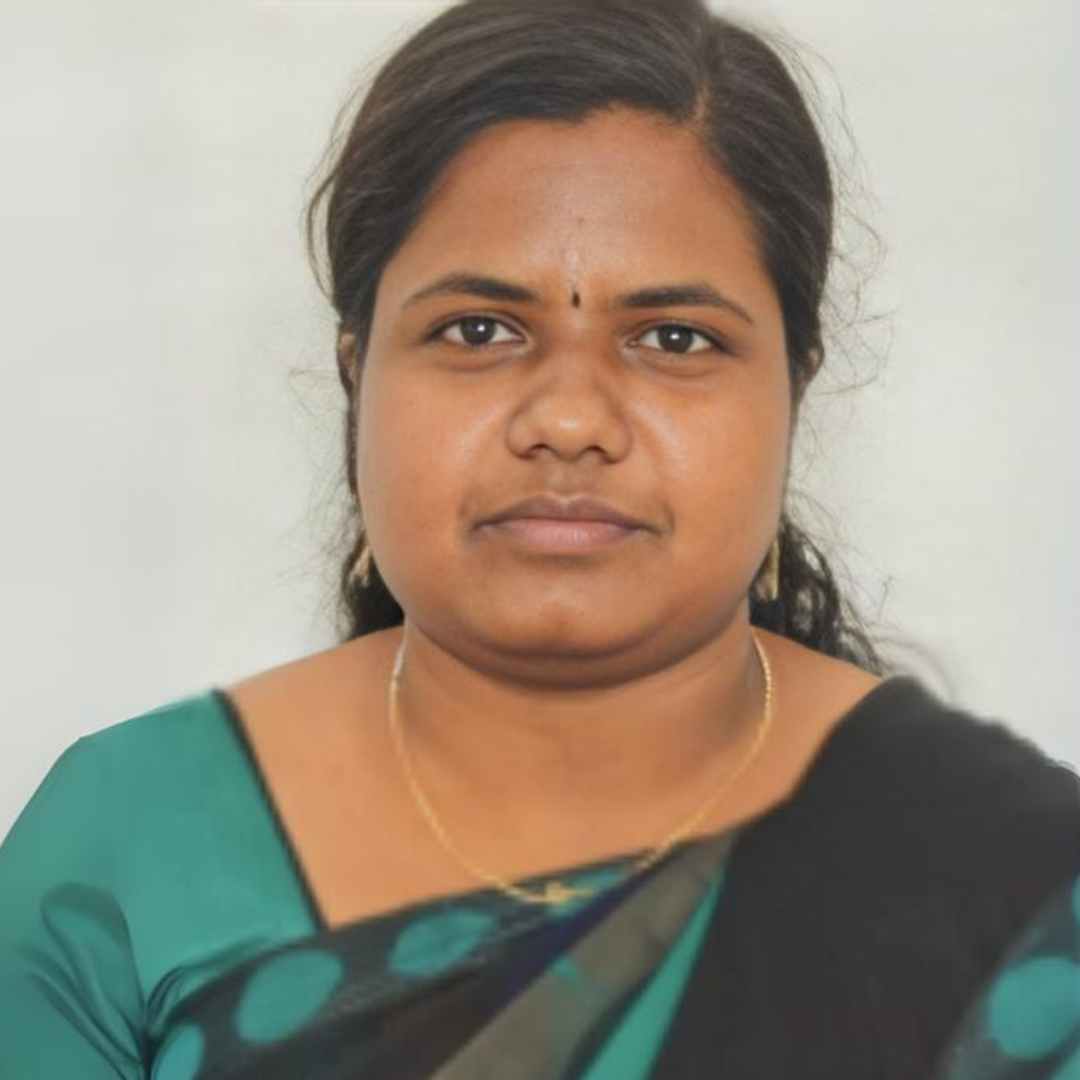




Miss. S. Sowmiya

